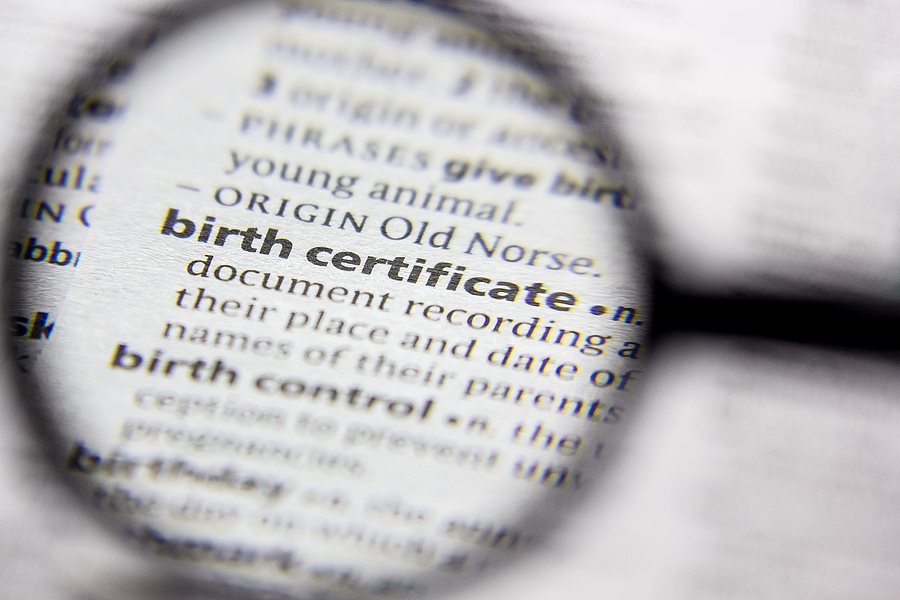Quick Quote
Archives
- November 2023
- October 2023
- September 2023
- August 2023
- July 2023
- June 2023
- May 2023
- April 2023
- March 2023
- February 2023
- January 2023
- December 2022
- November 2022
- October 2022
- September 2022
- August 2022
- July 2022
- June 2022
- May 2022
- April 2022
- March 2022
- February 2022
- January 2022
- December 2021
- November 2021
- October 2021
- September 2021
- July 2021
- June 2021
- April 2021
- March 2021
- February 2021
- December 2020
- October 2020
- August 2020
- July 2020
- June 2020
- May 2020
- April 2020
- March 2020
- February 2020
- January 2020
- November 2019
- October 2019
- September 2019
- August 2019
- July 2019
- June 2019
- May 2019
- April 2019
- March 2019
- February 2019
- January 2019
- December 2018
- November 2018
- October 2018
- September 2018
- August 2018
- July 2018
- June 2018
- May 2018
- April 2018
- March 2018
- February 2018
- January 2018
- December 2017
- November 2017
- October 2017
- September 2017
- August 2017
- July 2017
- June 2017
- May 2017
- April 2017
- March 2017
- February 2017
- January 2017
- December 2016
- November 2016
- October 2016
- September 2016
- August 2016
- July 2016
- June 2016
- May 2016
- April 2016
- March 2016
- February 2016
- January 2016
- December 2015
- November 2015
- October 2015
- September 2015
- August 2015
- July 2015
- June 2015
- May 2015
- April 2015
- March 2015
- February 2015
- January 2015
- December 2014
- November 2014
- October 2014
- August 2014
- July 2014
- June 2014
How Can Video Phone Interpreters Help During The Coronavirus Outbreak?
Last Updated On: August 11, 2020
Video phone interpreters are part of the army of people who have been utilized during the international response to the Covid-19 pandemic that has swept the world. Video phone interpreting is a more effective method of helping people who wish to communicate with each other yet do not understand each others’ languages. Phone interpreting is a service that has been around for some time now, but video phone interpreting takes it to a new level as it allows for body language and facial expressions to be included in the interpretation setting. Many people find it hard enough getting their message across when communicating in the same language with ordinary phone communication. Video communication using apps like Skype, WhatsApp, Facebook Messenger and others improves communication as people can watch the responses and reactions of the people they are communicating with. Videophone interpreting as a service may be provided by a private agency or a government agency. If it is part of the Covid-19 response it is most likely to be provided by a government agency or a private agency contracted by a government department. Let’s say that someone wants to access a government health department about their symptoms or whether they should go to work or go and get a Covid-19 test. Unfortunately, they don’t speak the official language used by the government officials they are trying to communicate with. Because of lockdown restrictions, they are self-isolating and unable to see any of their younger relatives who are able to speak the official language. The health department has a video phone interpreting service which is available in most of the languages used by migrants and refugees who are living in their adopted country but confused about what is going on and therefore more at risk of suffering either from the disease itself or unwittingly doing the wrong thing and getting into trouble with the authorities. The video phone interpreting service is well advertised on the TV, radio and government websites. The advertising and instructions on using the service are translated into all languages that are offered by the service, so anyone who needs to use it should be able to work out how to do so. Usually, it means booking up a video phone interpreting session with a specific individual who could be a health representative, doctor, government official etc. The hook up is a three-way event so that the person requesting the service, the interpreter and the person who is being contacted all take part on an agreed platform. The video link helps each of the three participants because it means that any confusion will be shown quite easily by facial expression and body language which helps to eliminate misunderstanding. The only drawback with this sort of service during an emergency such as a sudden widespread lockdown is that the resources available to make the service effective to as many people as possible are unlikely to be sufficient. It is a service that would work well as a supplement to other forms of communication available to non-native speakers when the Covid-19 situation in that place is relatively contained or suppressed. In many countries these days where these sorts of services are offered (usually the wealthier countries) the response to the disease is one of a patchwork of restrictions and semi-normality. To take the current situation in Australia, for example, two states have issues with community transmission whereas all other states and territories have effectively eliminated the virus from the community. In Victoria, the situation is not only more serious, there are also large numbers of migrants and refugees who live in the suburbs of Melbourne where there is a lot of infection. It’s hard to see how a video phone service, although desirable, could be set up to satisfy the probable demand. In neighbouring New South Wales, where contact tracing has been more effective, a video phone interpreting service would work reasonably well.This is an example of the way it works









Leave a Reply